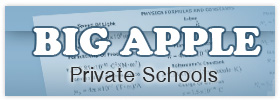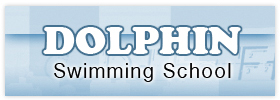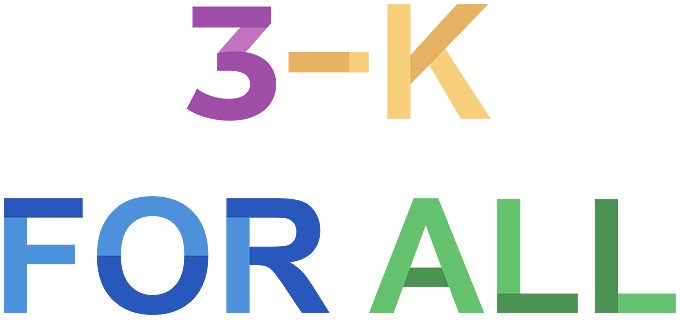
Each child is unique and can succeed. Children are individuals with different rates and paths of development. Each child is uniquely influenced by their prenatal environment, temperament, physiology, and life experiences. With the appropriate support, all children can be successful learners and achieve the skills, behaviors, and knowledge. Learning occurs within the context of relationships. Caring families, teachers, and other adults matter in a young child’s life. Responsive and supportive interactions with adults are essential to children’s learning. Children learn best when they are emotionally and physically safe and secure. Nurturing, responsive, and consistent care helps create safe environments where children feel secure and valued. In these settings, children are able to engage fully in learning experiences. Teaching must be intentional and focused on how children learn and grow. Children are active, engaged, and eager learners. Good teaching practices build on these intrinsic strengths by providing developmentally appropriate instruction and opportunities for exploration and meaningful play.
Bambi 3K FOR ALL Program uses Interdisciplinary Explorations Curriculum that is designed to connect children, families and teaching staff and invite them to engage in comprehensive, in- depth, play-based learning across domains of the Early Learning Outcomes Framework.
Guiding Principles of the Early Learning Outcomes Framework:
Approaches to Learning. The Approaches to Learning domain incorporates emotional, behavioral, and cognitive self-regulation under a single umbrella to guide teaching practices that support the development of these skills. This domain also includes initiative, curiosity, and creativity. Supporting children’s skills in this domain helps children acquire knowledge, learn new skills, and set and achieve goals.
Social and Emotional Development. Social development refers to a child’s ability to create and sustain meaningful relationships with adults and other children. Emotional development refers to a child’s ability to express, recognize, and manage their own emotions as well as respond appropriately to others’ emotions.
Language and Communication. Language development refers to emerging abilities in listening and understanding (receptive language) and in using language (expressive language). Language and literacy skills can develop in any language, and for the most part, they develop first in the child’s home language. Supporting development of the home language helps prepare young children for learning English. Emerging literacy refers to the knowledge and skills that lay the foundation for reading and writing.
Mathematics Development. Mathematics development refers to understanding numbers and quantities, their relationships, and operations, such as what it means to add to and take away. Mathematics also includes shapes and their structure, reasoning, measurement, classification, and patterns.
Scientific Reasoning. Scientific Reasoning refers to the emerging ability to develop scientific knowledge about the natural and physical worlds, learn scientific skills and methods, and continue developing reasoning and problem-solving skills.
Perceptual, Motor, and Physical Development. Perception refers to children’s use of their senses to gather and understand information and respond to the world around them. Motor skills support children in fully exploring their environment and inter- acting with people and things and thus, support development in all domains. Gross motor skills refer to moving the whole body and using larger muscles of the body, such as those in the arms and legs. Fine motor skills refer to using the small muscles found in individual body parts, especially those in the hands and feet. Children’s physical well-being depends on a number of factors, including their knowledge and use of safe, healthy behaviors and routines. Children’s ability to keep themselves safe and healthy, such as communicating to adults when they are hungry or sick, is extremely important in its own right and contributes to learning and development in all areas.
- Apply online or in person:
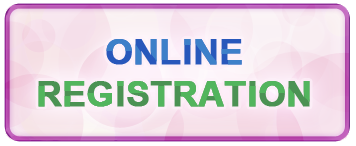 |
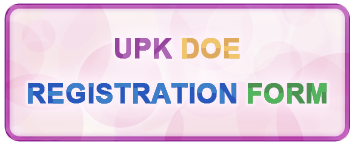 |




